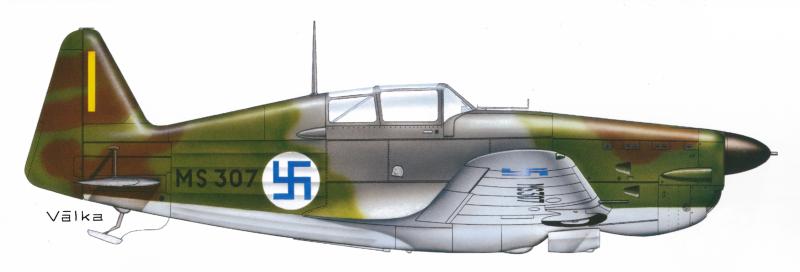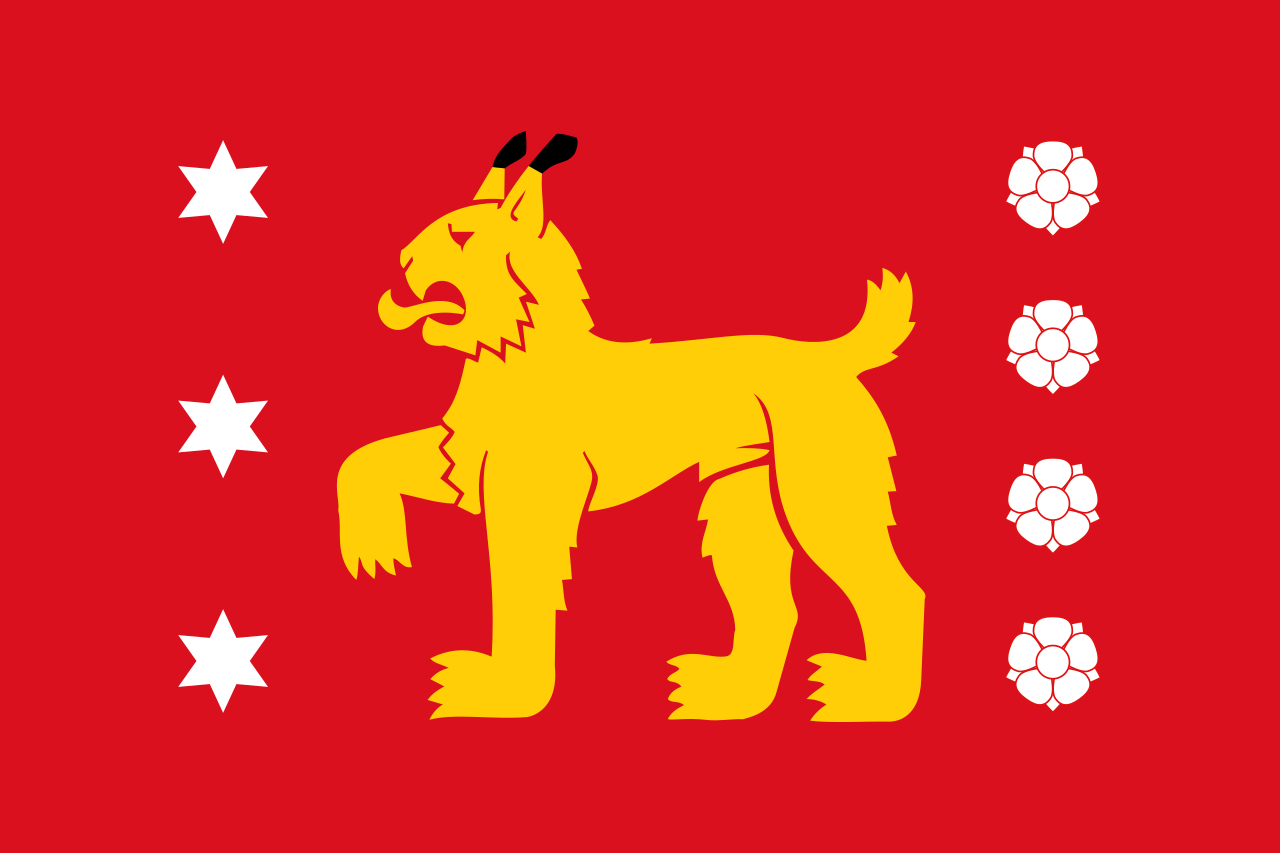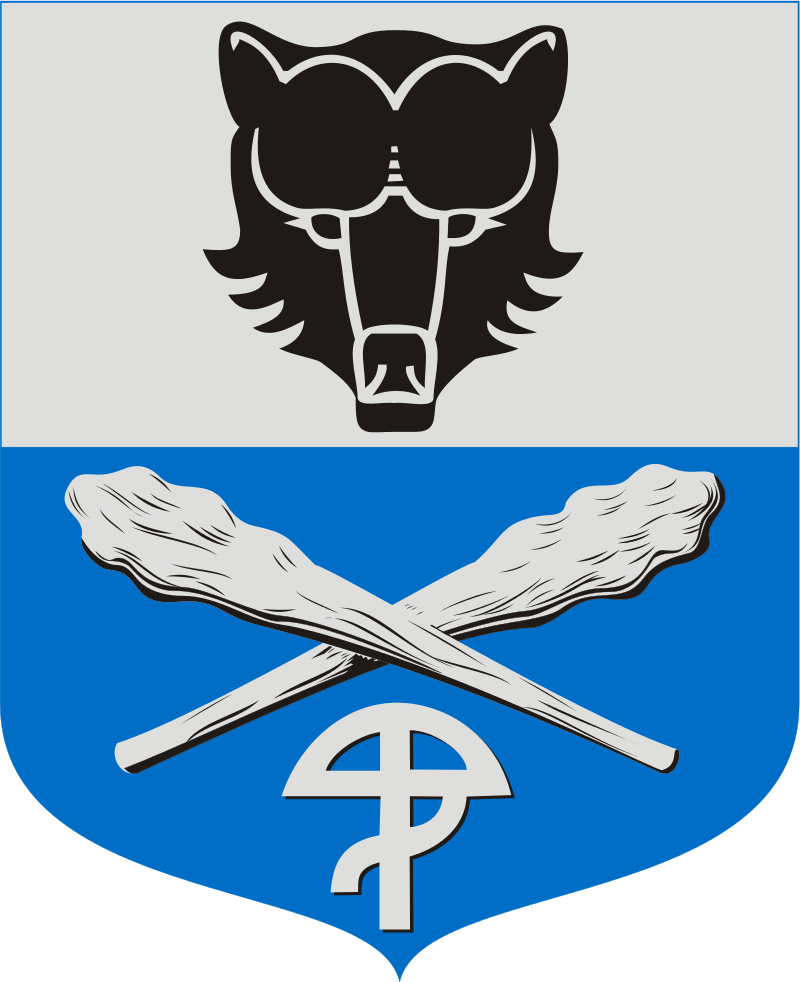
Circumstances of the Nordic divide in the field of security policy after the Second World War
This bachelor's thesis, The Circumstances of the Nordic Separation in the Field of Security Policy after the Second World War, aims to point out the main historical determinants and factors leading to the final separation of the Nordic security policies and also to put the basic concept of separation in a broader context and analyze the circumstances. which preceded it, and to outline the consequences of this separation. What were the different security interests of the Nordic countries? How has the view of individual states on the question of ensuring their own security before, during and after the end of the Second World War changed? And what expectations did the engaged states have of the new order?







